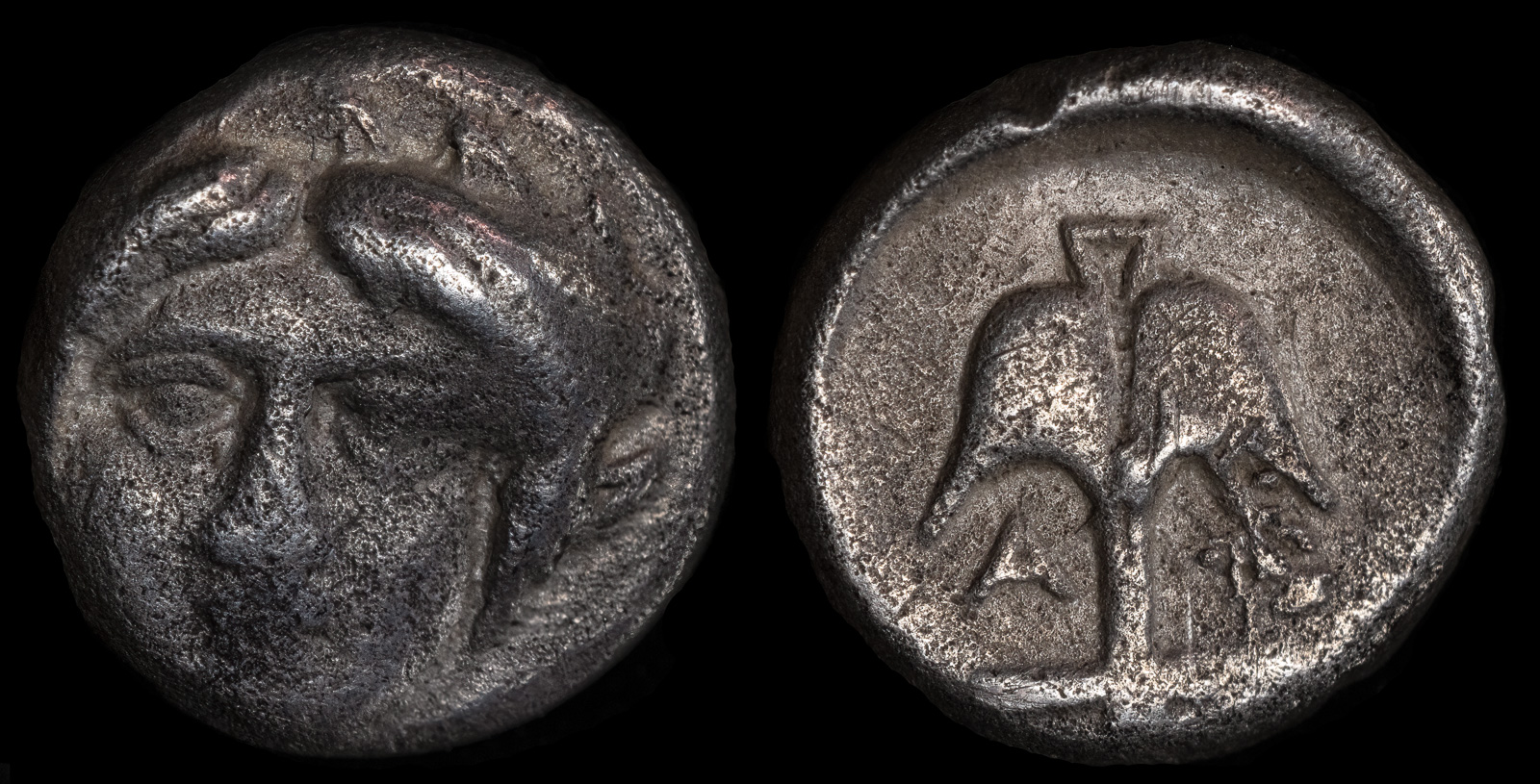Crayfish
View All Tags
In the mythological context, the crayfish may have been connected to the same celestial and astrological meanings as the crab, particularly its association with the constellation Cancer. This connection tied the crayfish to the zodiac and the characteristics of emotional depth and resilience. Given its ability to molt and regenerate, the crayfish could also symbolize renewal and transformation, themes often explored in Greek thought. This regenerative aspect may have been symbolically linked to the cyclical nature of life and death, reflecting the Greek understanding of metamorphosis in both the natural world and human existence.
In addition to these symbolic meanings, the crayfish was often associated with abundance, especially in regions with plentiful aquatic resources. Just as crabs and fish were central to the Greek diet, the crayfish also symbolized the richness of the sea and the prosperity that came with the harvesting of marine life. For coastal communities and those with access to lakes and rivers, the crayfish would have been a practical and symbolic representation of the wealth provided by these water sources.

THRACE, Apollonia Pontika
Mid 4th century BCE
AR Diobol 1.2 gm, 10mm, 12h
Obv: Facing gorgoneion.
Rev: Upright anchor; A to left, crayfish to right.
Topalov, Apollonia p. 386, 3; SNG BM Black Sea 167